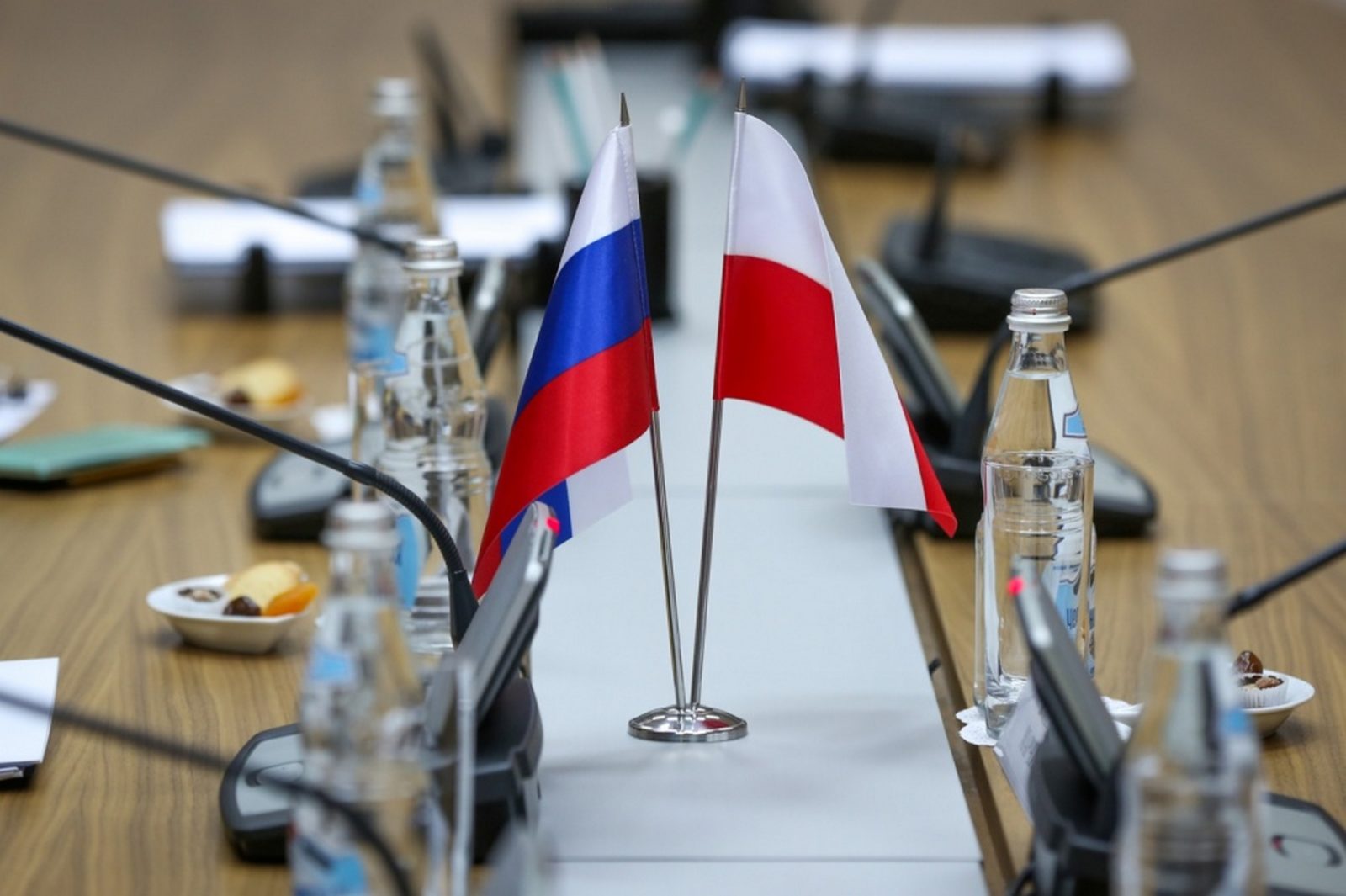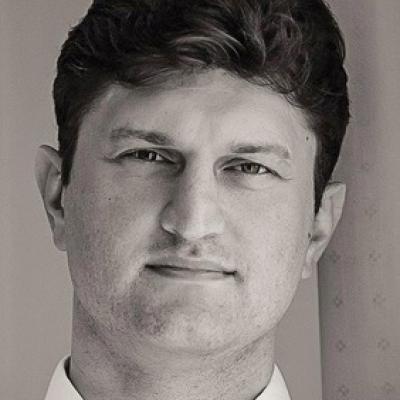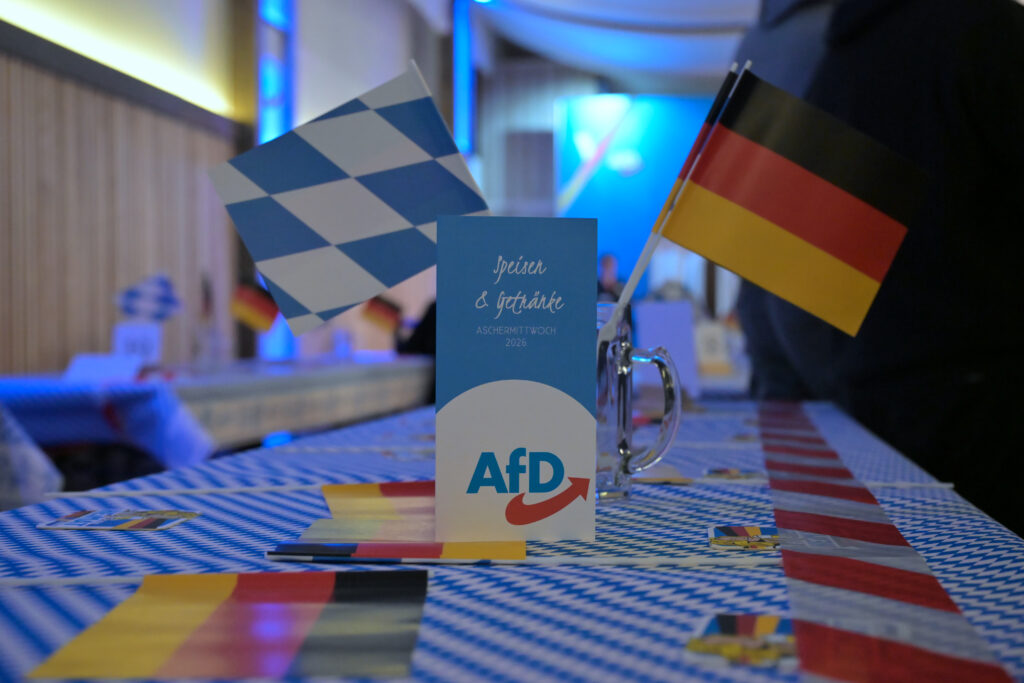At the start of the 1990s, Poland and Russia could both be counted among those states who put their hopes in a successful transition from the Soviet model of socialism to liberal market democracy. Both countries have long since departed from that trajectory, but in very different directions. As Poland became a member of the European Union, Vladimir Putin finished constructing his “vertical of power,” putting Russia firmly on the rails of authoritarianism. Ever since then, Russian-Polish relations have continuously deteriorated. Those few moments when these icy relations thawed were mere exceptions to this rule, which did nothing to change the general trend towards mutual distance and incomprehension. One of the main reasons for this crisis are fundamentally incompatible identities of the two countries’ political elites.
Unlike Polish society, which entered the 21st century with a distinct and clear-cut political and ideological continuity with the political culture of the 1990s, the situation with Russian identity is more difficult. A thorough transformation of institutions of power and reassessment of the Soviet past simply did not take place in Russia, while the country’s democratic traditions and institutions remain quite weak and vulnerable. Many older Russians continue to identify themselves as Soviet people and maintain their sympathy towards communist leaders such as Josef Stalin and Leonid Brezhnev.
An outside observer must find it surprising that the average Russian continues to revere these Soviet dictators alongside a newly acquired (albeit self-declared) religiosity. After all, the Russian Orthodox Church underwent the most severe persecution and repression at the hands of the Soviet authorities. But the contradiction can be explained; a society which emerged under paternalistic rule turned out to be completely unprepared for the swift collapse of the Soviet economy and subsequent transition to a society with a different orientation. Many people have still been unable to find a place for themselves under drastically changed circumstances. Thus nostalgia for the communist era is a natural reaction to the loss of that familiar existence with clear boundaries which was previously guaranteed by the state. Challenged by this complex change in their way of life, the population increasingly turned towards religion for emotional support.
Over the past 25 years, this worldview has had a significant impact on the electoral preferences of many Russians, a fact which the country’s establishment has undoubtedly factored into their decision making processes. These neo-imperialist sentiments among the population were supported not only by the communists and nationalists, but also by the liberal-leaning section of the political establishment. Politicians believed that by declaring territorial claims against neighbouring states, they would be able to divert the attention of ordinary Russians away from the painful consequences of economic reform. Towards the end of the 1990s it became clear that the Kremlin was unable to realise Russia’s full transition to a market economy and liberal democracy. The logical result of this was the gradual re-Sovietisation of Russia’s foreign policy. Rather than see Russia become an ordinary democratic state with independent branches of government and civil society institutions, a desire to transform the country into a “normal great power” prevailed among the country’s elites. For them, international relations boils down to a global rivalry of great powers with their own spheres of influence, the only difference being that two such powers existed during the Cold War, whereas 6-7 countries can now claim that status. Of course, the Russian leadership never counted Poland among their number, viewing it not as an autonomous subject of international relations but instead as a bargaining chip between great powers with whom Moscow endeavours to build “special relations.”
The identity of Russia’s ruling circles is contradictory in nature and is undergoing deep transformations. They did not manage to draw a clear semantic border separating the history, ideology, reference points, and values of the Soviet Union from the new Russian Federation. On the one hand, Russia wants to view itself as the heir to the Russian and Soviet empires, as shown by its desire to maintain a privileged status in international relations alongside that of the United States. Over the past 20 years, the identity of the Russian political class has been constructed chiefly on events from Soviet history with positive connotations, ignoring the darker periods of that era. For a significant portion of the Russian population, the way of life of the Soviet era also conjures up positive connotations. On one hand, many things can be found in Russia today which were banned or simply did not exist at all during the Soviet period: the institution of private property, freedom of religion, the ability to travel freely overseas, and the abundance of goods in stores, to name but a few. European patterns of consumption and living standards are one of the most common features of Russians’ value systems today. At the same time, Russia is neither keen to admit that the communists failed to build a just and prosperous society, nor that the Soviet Union was never a paradise for its citizens.
Adam Michnik, the Polish dissident and founder of influential daily Gazeta Wyborcza, has repeatedly referred to himself as an “anti-Soviet Russophile.” It could be said that these words characterise Poland’s relationship to Russia. The dualism of the identity of Russia’s political elites and their reluctance to dissociate themselves from their Soviet heritage creates the impression in Poland that while Russia may be seen as changing from without, it remains the same within: Soviet and a potential aggressor. A significant part of Polish society takes a sceptical attitude towards any transformations in Russia, believing that the value system and ideological foundations of the Russian government are fundamentally those inherited from the Soviet empire. Particularly concerning is the fact that Russia not only refuses to blame the Soviet Union for imposing communist rule on the countries of Central and Eastern Europe after the Second World War, but even insists on their unconditional recognition of the “eternal debt” to the Soviets for liberating Europe from Nazism. Poland therefore believes that reconciliation on complex historical issues and creating conditions for good neighbourly relations are not central goals of Moscow’s foreign policy. In fact its main goal is to fragment the geopolitical space of Central Europe and weaken its competitors (NATO, the USA, and EU) in the struggle for spheres of influence.
The reluctance of the Russian elite to admit the mistakes of the Soviet Union causes not only bewilderment in Poland, but an even stronger impulse to establish the truth about Soviet-Polish relations. This manifests itself strongly in the politics of history, which in turn occupies an important place in Polish foreign policy. Its main watchword was seeking historical truth and purifying the past from a national nihilism and moral relativism. In these conditions, the Kremlin essentially returned to the Soviet “whataboutism” tactic of the late 1980s, when the USSR, responding to accusations that the NKVD had massacred Polish officers at Katyń in 1940, tried to bring counter-claims against Warsaw concerning the fate of Red Army prisoners after the Polish-Soviet war of 1919-1920. Such claims are highly controversial and have been used exclusively for defending the ideological foundations of Soviet identity.
The Polish government has consistently conditioned the improvement of relations with Moscow on the condemnation of Soviet crimes committed against the Poles. But such conditions always provoke a negative reaction from the Kremlin, since they undermine the myth of Soviet greatness which is used to legitimise today’s political elite. So when it comes to choosing between improved relations with Warsaw and the opportunity to extend their time in power, the Russian elite will certainly choose the latter. Therefore, under president Vladimir Putin, the current condition of Russian-Polish relations is unlikely to change.
Nevertheless, this does not mean that Poland and Russia are doomed to remain trapped in hostile relations Due to demographic changes within Russian society, the relevance of Soviet myths will gradually wane, and the country’s political elite will be compelled to respond with a change of rhetoric. That might open up a window of opportunity for improving relations with neighbouring states. And to what extent that opportunity will be used depends only on the speed and depth of change in Russia itself.
What does the future hold for relations among Russia, Europe and the United States? This article is part of a series on future scenarios, sponsored by Riddle in cooperation with Johns Hopkins University SAIS and DGAP, supported by the Robert Bosch Stiftung.











